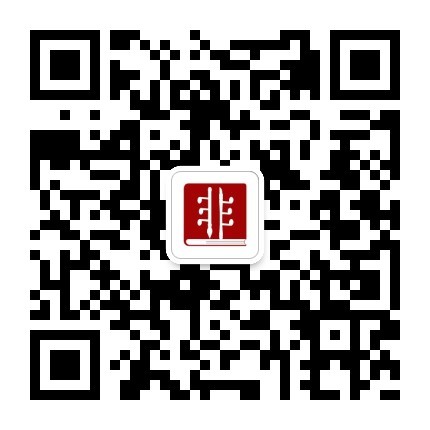【美洲·哥伦比亚】尤露帕萊美洲虎巫師的传统知识 Traditional knowledge of the jaguar shamans of Yuruparí(2011年)
2022-03-25 16:05
构成尤鲁帕里美洲虎萨满传统知识的神话和宇宙结构代表了生活在哥伦比亚东南部皮拉巴拉那河沿岸的许多民族的文化遗产,位于瓦佩斯省。根据祖先的智慧,皮拉巴拉那形成了一大片区域的中心,称为尤鲁帕里的美洲虎领地,其圣地包含着滋养世界上所有生物的重要精神能量。美洲虎萨满根据他们神圣的传统知识,遵循仪式日历,将社区团结在一起,治愈疾病,预防疾病,恢复自然活力。这些仪式以歌曲和舞蹈为特色,美化了治疗过程。萨满的生命力和传统知识被认为是从全能的、神话般的尤鲁帕里(Yurupari)继承而来的。尤鲁帕里(Yurupari)是一种水蟒,以人的身份生活,体现在棕榈树制成的珍贵的神圣喇叭中。每个民族都保存着自己的尤鲁帕里小号,这是严格的嘻比基仪式的中心。在这个仪式中,维护人民和领土健康的传统指导方针被传递给男性儿童,作为他们成年的一部分。有关照顾儿童、孕妇和食物准备的传统知识在妇女中传播。
2011年度列入人类非物质文化遗产名录。
来源:联合国教科文组织亚太地区非物质文化遗产国际培训中心
The mythical and cosmological structures that make up the traditional knowledge of the jaguar shamans of Yuruparí represent the cultural heritage of the many ethnic groups that live along the Pirá Paraná River in south-eastern Colombia, in the department of Vaupés. According to ancestral wisdom, the Pirá Paraná forms the heart of a large area called the territory of the jaguars of Yuruparí, whose sacred sites contain vital spiritual energy that nurtures all living beings in the world. The jaguar shamans follow a calendar of ceremonial rituals, based upon their sacred traditional knowledge, to draw the community together, heal, prevent sickness and revitalize nature. The rituals feature songs and dances that embellish the healing process. The vital energy and traditional knowledge of the shamans are believed to be inherited from an all-powerful, mythical Yuruparí, an anaconda that lived as a person, and is embodied in treasured sacred trumpets fashioned from a palm tree. Each ethnic group conserves its own Yuruparí trumpets, which form the centre of the strict Hee Biki ritual. During this ritual, traditional guidelines for maintaining the health of the people and the territory are transmitted to male children as a part of their passage into adulthood. The traditional knowledge concerning care of children, pregnant women and food preparation is transmitted among women.
Included in the list of human intangible cultural heritage in 2011.
Source: UNESCO International Training Center for intangible cultural heritage in the Asia Pacific Region

